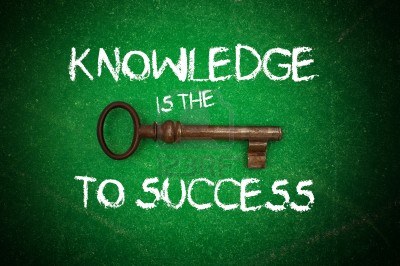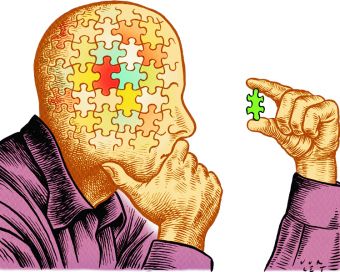Welcome back fellow bloggers! I am so excited to continue on
my educational journey towards teaching. Previously, the blogs I have posted
were based around the course EDUC 4P17 which involved learning about curriculum
and classroom assessment. From now onward, I will be blogging about 21st
century literacies while taking the course EDUC 4P27. To begin, I would like to
give a little introductory and background of myself. My name is Jessica Le Pera
or otherwise known as Miss Le Pera, and I am currently in my fourth year at
Brock University studying in the Concurrent Education Program at the
Primary/Junior level. I have worked with children as soon as I landed my first
job at the age of 14 and have worked in daycares, camps and programs where I
have taught children both recreationally and academically. I have always aspired
to become a teacher as it has been my dream ever since I was a young child. I
would always visualize what it would be like to have my very own classroom and
would play “teacher” in my room with all of my stuffed animals. I hope for this
aspiration to one day come true!

So what exactly is literacy? What comes to mind when I hear
the word literacy, I automatically think.. paper, pencil, writing, reading,
words. The truth is, there is so much more to literacy. Already absorbing information
from the first lecture of EDUC 4P27, I learned that literacy is about exploring
multiple sets of skills and contexts while finding meaning in these practices. This
is where 21st century literacies fall into play. Previously, I
always thought that 21st century skills meant technology and the
future. Well it does, but 21st century skills include so much more.
Critical thinking, collaboration, communication and creativity are only just a
few aspects of contemporary education that are crucial to have in modern
society. Along with 21st century skills, come 21st
century literacies, such as critical literacy. Critical literacy in my own
words is having the ability to vigorously read and decipher texts that endorses
a thorough understanding of underlying concepts that include question and
sometimes challenge. I believe it is extremely important as a future educator
to guide students with this type of mindset in order for them to not only reach
academic success, but success at life itself. Power, reflection, transformation and action as highlighted in
lecture, are key points to being critically literate.

There are also many other literacies I hadn’t thought about
before that all interconnect to one another. The two literacies that caught my
eye the most were global literacy and moral literacy as it is crucial that
students learn how to interpret the world around them while being respectful
towards ones another. It is also important for teachers to be competent in all
literacies to better the knowledge and understanding of their students. I hope
to learn more about 21st century skills as a whole and ways to incorporate
them into my teaching practices as I am not confident just yet with what I
know. I can’t wait to learn about all the different kinds of literacies to
strengthen my understanding of this aspect of education and to also become a
more competent learner and teacher throughout the whole spectrum of 21st
century literacies and skills. We are the future!
Thank you for reading!
Miss Le Pera
No comments:
Post a Comment